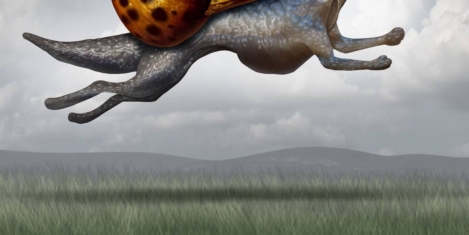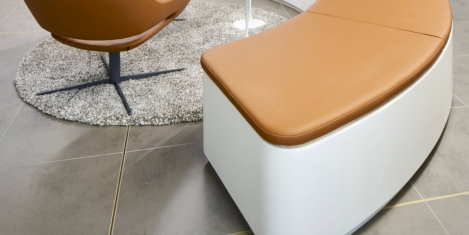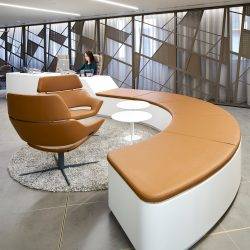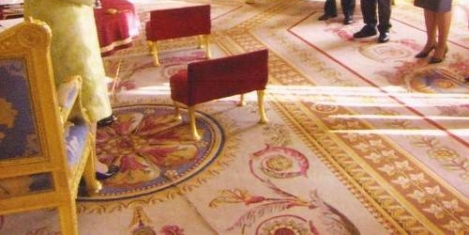September 13, 2018
Working long and hard? It may do more harm than good for your productivity and wellbeing
 Nearly half of people in the EU work in their free time to meet work demands, and a third often or always work at high speed, according to recent estimates. If you are one of them, have you ever wondered whether all the effort is really worth it? Employees who invest more effort in their work report higher levels of stress and fatigue, along with lower job satisfaction. But they also report receiving less recognition and fewer growth opportunities. And they experience less job security. So increased work effort not only predicts reduced wellbeing, it even predicts inferior career-related outcomes.
Nearly half of people in the EU work in their free time to meet work demands, and a third often or always work at high speed, according to recent estimates. If you are one of them, have you ever wondered whether all the effort is really worth it? Employees who invest more effort in their work report higher levels of stress and fatigue, along with lower job satisfaction. But they also report receiving less recognition and fewer growth opportunities. And they experience less job security. So increased work effort not only predicts reduced wellbeing, it even predicts inferior career-related outcomes.





































June 28, 2018
Ten demonstrable truths about the workplace you may not know
by Kerstin Sailer • Comment, Facilities management, Features, Workplace design
(more…)